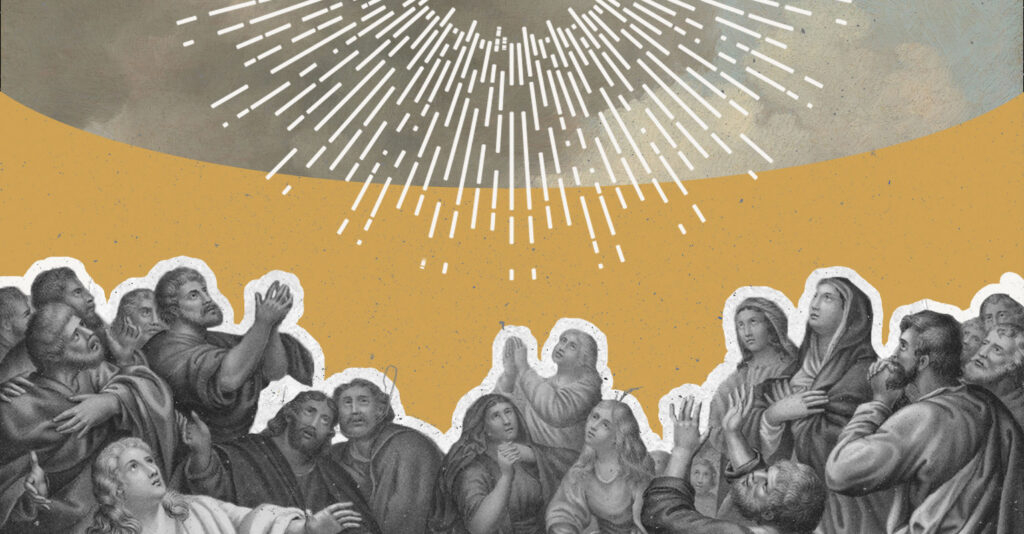
1 John
My little children, I am writing these things to you so that you may not sin. But if anyone does sin, we have an advocate with the Father, Jesus Christ the righteous. (1 John 2:1)
Of all the aspects of Christ’s work in his state of exaltation, the ascension is one of the most overlooked. And yet Christ’s ascension is more prominent in Scripture than many realize. Luke describes the ascension in the most detail, first in his Gospel and then in Acts. Peter’s Pentecost sermon is, in part, about the ascension and enthronement of Christ. Likewise, John’s Gospel is full of references to the ascension of the Son of Man and the importance of Jesus returning to the Father.
The ascension is not simply about getting Jesus to heaven. It matters how Jesus ascended. He ascended locally (a real geographic place), visibly (in front of many witnesses), and bodily (not some ethereal disappearance). The manner in which Jesus ascended will be the manner in which he descends at the end of the age. The blessed appearing of our Lord and Savior will be an actual appearing—in the flesh, to the earth, witnessed by multitudes.
Just as important, the ascension is a further fulfillment and vindication of the triumph of the resurrection. It is no wonder that the ascension is highlighted throughout the New Testament as a necessary precursor to a number of blessings in this age of the Spirit. The ascension is linked to the giving of messianic gifts (Eph. 4:8–10), to the intercession of our high priest (Heb. 4:14–16), and to the subjection of all things under Christ’s feet (1 Pet. 3:22). Because Jesus is our conquering King, he is positioned to gift us with the spoils of victory. Because Jesus is seated at the right hand of God the Father, he is able to plead his finished work on our behalf. And because Jesus is enthroned on high, he is able to rule over all things in heaven and on earth.
What, then, does the oft-overlooked ascension mean for us?
First, the ascension means that we have an advocate with the Father, Jesus Christ the righteous (1 John 2:1; cf. Rom. 8:34).
Second, the ascension means God’s people are, in a manner of speaking, already in heaven. We set our minds on things that are above, because our lives are hidden with Christ who dwells above (Col. 3:2–3).
Third, the ascension means we can receive the gift of the Holy Spirit. Once ascended to heaven, Jesus sent another Helper (John 14:16; 16:7) to give us power from on high and to be with us forever.
Fourth, the ascension means human flesh sits enthroned in heaven. God has granted all power and authority to a man (Matt. 28:19; Eph. 1:21–22). Jesus Christ is exercising the dominion that human beings were made to have from the beginning (Gen. 1:28). The ruin of the first Adam is being undone by the reign of the second.
Because of Christ’s ascension we know that the resurrection is real, the incarnation continues, Christ’s humanity lives on in heaven, the Spirit of Jesus can live in our hearts, and a flesh-and-blood, divine human being rules the universe.
Kevin DeYoung is the senior pastor at Christ Covenant Church (PCA) in Matthews, North Carolina and associate professor of systematic theology at Reformed Theological Seminary.



